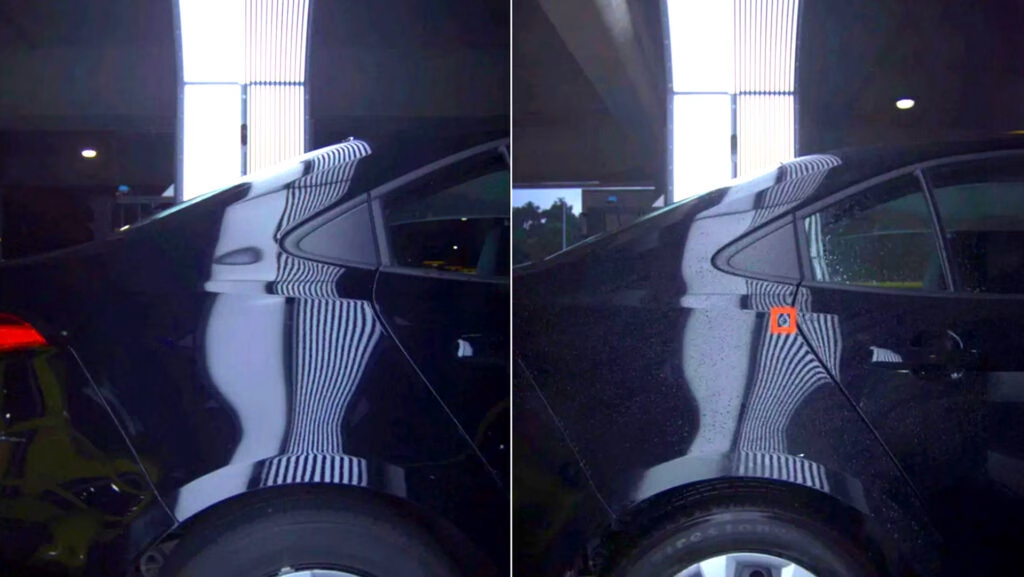Why Are Hertz Customers Upset About the AI Damage Scanner?
Renting a car should be simple: pick up, drive, return, done. But lately, Hertz customers have been running into a new snag—an AI-powered camera system called UVEye that’s supposed to spot vehicle damage objectively. Instead, it’s flagging scratches and dings that some renters swear don’t exist. The result? A wave of frustration, confusion, and even outrage, with stories popping up all over social media.
So what’s going on? Hertz rolled out UVEye at major airport locations, promising to remove human subjectivity from the inspection process. The idea was that a machine would be fair—no more getting blamed for damage you didn’t cause. According to Hertz, 97% of renters return their cars without any issues, and the AI only flags damage over one inch in size. Sounds reasonable, right?
But in practice, things aren’t so smooth. Customers have reported being charged for invisible damage, with one long-time renter even filming the car immediately after being flagged—no scratch, no dent, nothing. Yet, the claim stuck, and the renter got nowhere with customer support. Employees shrugged, blaming the AI. The app offered no way to reach a real person. And when the renter tried calling, reps said they couldn’t help either. That’s enough to make anyone’s blood boil.
How Can Renters Protect Themselves From False Damage Claims?
With AI scanners popping up at more Hertz locations (and plans to expand to 100 by year’s end), renters are swapping tips to avoid getting caught in the crossfire. Here’s what’s working—and what isn’t.
First, some travelers try to avoid UVEye locations altogether. Right now, the system is live at airports like Atlanta, Houston, Newark, and Phoenix. But that’s a short-term fix, since the rollout is accelerating.
Others rely on their own insurance or credit card coverage to dispute charges. But that can get tricky—if you accept liability for damage you didn’t cause, you could be on the hook for hundreds, even thousands, of dollars. And declining Hertz’s own coverage is often a requirement for using your card’s insurance, which adds another layer of risk.
A more proactive approach? Document everything. Before you drive off the lot, take detailed photos and videos of the car, inside and out. Do the same when you return it, ideally after the AI scan. There are even apps like Proofr that use machine learning to help you spot and record potential damage. But here’s the catch: Hertz doesn’t always accept outside documentation, and there’s no guarantee your evidence will sway the company if you’re flagged.
Is the AI Actually Better Than Human Inspectors?
This is where things get murky. AI is supposed to be objective, but it’s not infallible. In fact, the same customer who was wrongly flagged by UVEye found old damage on the car that the AI missed entirely. On the flip side, human inspectors are prone to error too—sometimes missing damage, sometimes blaming the wrong person.
A recent study by the Insurance Institute for Highway Safety found that even trained professionals disagree on what counts as “damage” in rental vehicles, with up to 20% variance between inspectors. AI might reduce some of that subjectivity, but it introduces new problems—like false positives and a lack of accountability when things go wrong.
What Should You Do If You’re Wrongly Accused?
If you’re hit with a damage claim you believe is bogus, don’t panic—but don’t ignore it either. Start by gathering your own evidence: photos, videos, timestamps, and any witness statements. Contact Hertz customer support in writing, and keep a record of all communications. If you paid with a credit card, notify your card issuer—they may be able to help dispute the charge.
Some renters have found success escalating their cases through social media or consumer protection agencies. It’s not a guaranteed fix, but public pressure can sometimes nudge companies to take a closer look.
Are There Any Signs Hertz Will Fix the System?
Hertz says it’s working on improving communication channels and making it easier for customers to dispute claims. But as of now, the process remains clunky and inconsistent. The company maintains that the vast majority of renters have no issues, but the growing number of complaints suggests there’s still a disconnect between the technology and real-world customer experience.
The big takeaway? Renting a car from Hertz—or anywhere, really—isn’t about perfection. It’s about making smarter adjustments. Take your own photos, allow extra time at drop-off, and don’t be afraid to push back if something feels off. Start with one change this week, and you’ll likely spot the difference by month’s end.

